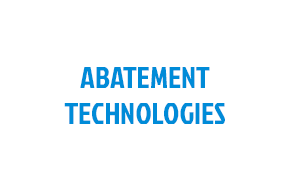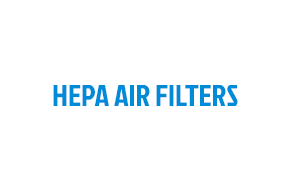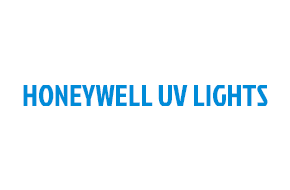AC Perfected LLC Frequently Asked Questions
Local, Family Owned
Satisfaction Guaranteed
In Business Since 1996
Learn More About AC Perfected LLC
Have an AC-related question? We have the answer! Check out our FAQs below to learn more about our company and services.
Discover additional information about indoor air quality
Indoor air is four to five times more polluted than outdoor air. Approximately 87% of American homeowners are completely unaware of indoor air pollution. There’s more in the air than you can easily see. Particles, dust, and smoke are all potential triggers for asthma and allergy attacks.
Particles that include dust, smoke, and bacteria can be as small as 0.3 microns or less. At that size, allergens can get deep into your lungs because they are not effectively filtered by your nose and throat.
- According to a study by the Commonwealth of Massachusetts, indoor air contaminants are responsible for or aggravate half of all illnesses.
- Poor indoor air quality negatively affects more than 15 million Americans with asthma and the 28 million who suffer from hay fever and other allergies.
- It is recommended we drink approximately two quarts of clean water each day. By comparison, we inhale approximately 15,000 quarts of air each day.
- More than 15 million Americans are estimated to have asthma, including one in 13 school-age children.
- Children breathe faster than adults. That means they inhale 50% more air per pound of bodyweight than adults and are especially sensitive to air quality problems.





Share On: